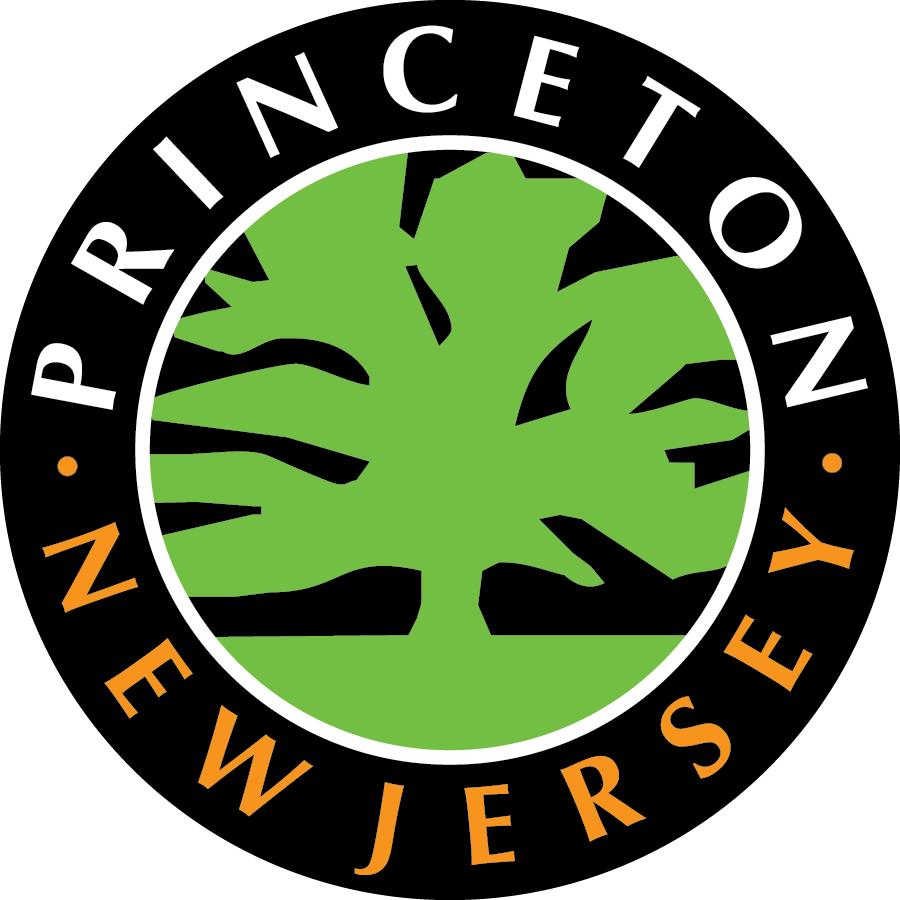Property owners would see a 3-cent increase in the municipal property tax rate under the proposed $66.6 million municipal budget for 2021 that was introduced at the Princeton Council’s March 22 meeting.
But the Princeton Council hopes to eliminate the municipal property tax increase between now and its April 26 meeting, when a public hearing and final action will be held on the spending plan.
“We want to be clear: this is the start of the public process of the budget,” Chief Financial Officer Sandra Webb told the Princeton Council. Officials are going to study the budget for spending cuts.
The proposed 2021 municipal budget is $2.3 million more than the 2020 municipal budget.
A 3-cent increase in the municipal property tax rate, which includes the municipal open space tax, means the tax rate will go up from 50 cents per $100 of assessed value to 53 cents.
The owner of a home assessed at the Princeton average of $841,064 would pay $4,457 in municipal property taxes for 2021, or $252 more than in 2020.
A Princeton property owner’s tax bill includes the municipal property and open space taxes, the school district tax, and the Mercer County property and open space taxes.
The main source of revenue to support the budget is property taxes. The amount to be raised by property taxes for the 2021 municipal budget is $37.6 million.
The budget also anticipates using $9.2 million in surplus funds, plus $2.4 million in state aid. State aid has remained flat for several years.
Miscellaneous revenue includes licenses, fees and permits, Municipal Court fines and costs, the hotel and motel tax, and parking meter and municipal parking garage fees.
Princeton University will contribute $3.6 million, and the Princeton Theological Seminary will contribute $200,000.
Payments in lieu of property taxes from the Institute for Advanced Study amounts to $250,000. The Tenacre Foundation will contribute $500,000.
Additional payments in lieu of taxes include $350,000 from Princeton Community Village Inc. and $80,000 from Elm Court.
Princeton Councilwoman Michelle Pirone Lambros said the Princeton Council is working to find a way to cut costs to address the budget gap between revenue and expenses. The shutdown due to COVID-19 had an impact on municipal revenue, she said.
Parking meter revenue was less than expected, as was revenue from the Spring Street municipal garage because businesses were ordered shut by Gov. Phil Murphy. The hotel and motel tax generated less revenue, and overall fees also declined, Pirone Lambros said.
“We hope to bounce back” once the COVID-19 pandemic is over, Pirone Lambros said.
Discretionary spending in the municipal budget is limited to about $15 million, which means the budget is “particularly vulnerable” to decreases in non-property tax revenues, she said. That’s why officials are looking at ways to save money on an ongoing basis.
The American Rescue Plan – an economic stimulus package approved by Congress – is the only way the town can cover its budget deficit without raising municipal property taxes, Pirone Lambros said. Princeton may be eligible to receive up to $3 million.
Acting Municipal Administrator Bob Bruschi said the budget deficit would have been more severe if it had not been for the work of prior Princeton Councils and municipal staff. They put the community in the position of only looking at a 3-cent tax rate increase, he said.
“Had there not been proper planning and the development of surplus funds and some of the other fiscal decisions that were made over the past several years, the pandemic year would have been much more devastating on the community,” Bruschi said.
Princeton could have been faced with a $9 million budget shortfall, but “all we need is $2.1 million” to close the gap, he said.
“It’s not a great place to be, but it’s a better place to be,” Bruschi said.

